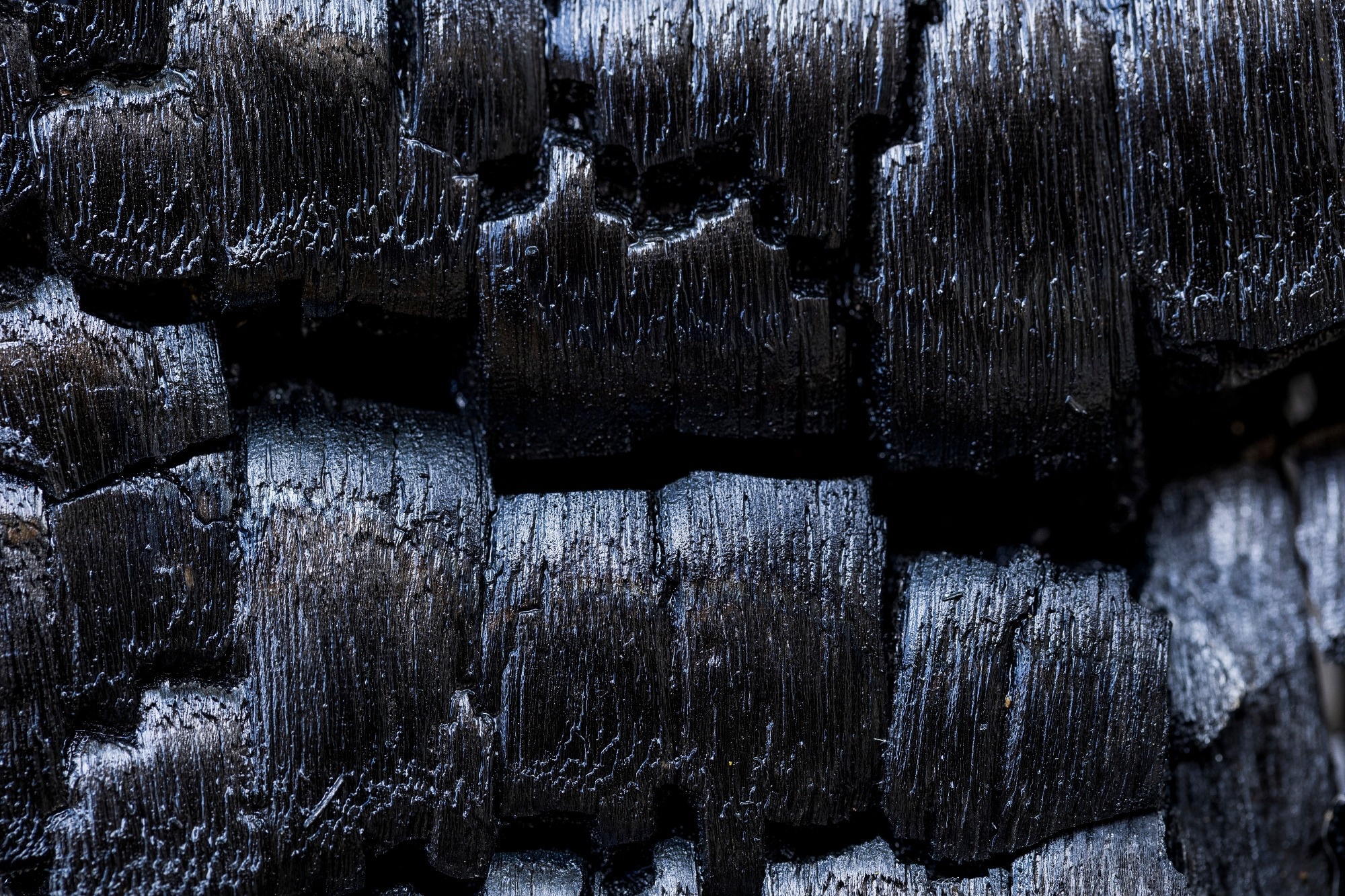Bio-carbon, made from harmful bio-tar waste, could become a valuable material for clean energy storage and water purification, according to a new study from researchers in China.
 Image Credit: Alexander Ruiz Acevedo/Shutterstock.com
Image Credit: Alexander Ruiz Acevedo/Shutterstock.com
When biomass, including crop residues, wood, and other organic materials, is subjected to heat to generate clean energy and biochar, it produces a viscous liquid called bio-tar. If it escapes into the atmosphere, this tar has a tendency to obstruct pipelines, harm equipment, and present environmental hazards. Researchers have been exploring methods to eradicate or neutralize it for many years.
Our review explores how turning bio-tar into bio-carbon not only solves a technical problem for the bioenergy industry, but also opens the door to producing advanced carbon materials with high economic value.
Dr. Zonglu Yao, Study Senior Author, Shenyang Agricultural University
The review analyzes the manner in which chemical reactions occurring within bio-tar, especially those that involve oxygen-rich compounds such as carbonyls and furans, inherently facilitate polymerization processes in which smaller molecules combine to create larger, more stable carbon structures. By meticulously regulating temperature, reaction duration, and additives, researchers can leverage this process to generate bio-carbon with customized properties.
The authors emphasize that the resulting material is different from conventional biochar. Bio-carbon generally exhibits a higher carbon content, reduced ash, and distinctive structural characteristics that render it particularly suitable for advanced applications.
Preliminary research suggests that bio-carbon could serve a wide range of advanced applications. For instance, it shows promise as an adsorbent for purifying contaminated water and air by capturing heavy metals and organic pollutants. Its unique structure also makes it a strong candidate for use in electrode materials for supercapacitors, which play a key role in renewable energy storage.
In addition, bio-carbon may function as an efficient catalyst, helping accelerate industrial chemical reactions more sustainably than traditional fossil-based options. It could also become a clean-burning fuel, emitting significantly lower nitrogen and sulfur oxide levels.
Recent evaluations of economic and life-cycle factors indicate that transforming bio-tar into bio-carbon can yield positive outcomes in terms of energy, finance, and the environment. For instance, substituting coal with bio-carbon fuels has the potential to reduce carbon dioxide emissions by hundreds of millions of tons each year while simultaneously providing financial returns for biomass processing facilities.
However, the complicated chemical composition of biotar poses challenges in achieving complete control over the polymerization process, and large-scale production remains unaccomplished. The authors advocate for integrating laboratory studies with computational simulations and machine learning techniques to enhance reaction pathways and develop biocarbon with targeted functionalities.
Bio-tar polymerization is not just about waste treatment, it represents a new way to create sustainable carbon materials. With further research, this could massively improve the efficiency of biomass energy systems while providing new tools for environmental protection and clean technology.
Yuxuan Sun, Study First Author, Shenyang Agricultural University
The study offers a guide for researchers and industry collaborators to transform one of the most significant challenges in bioenergy into a valuable asset for the future.
Journal Reference:
Sun, Y., et al. (2025) Preparation of bio-carbon by polymerization of bio-tar: a critical review on mechanisms, processes, and applications. Biochar. doi.org/10.1007/s42773-025-00477-9